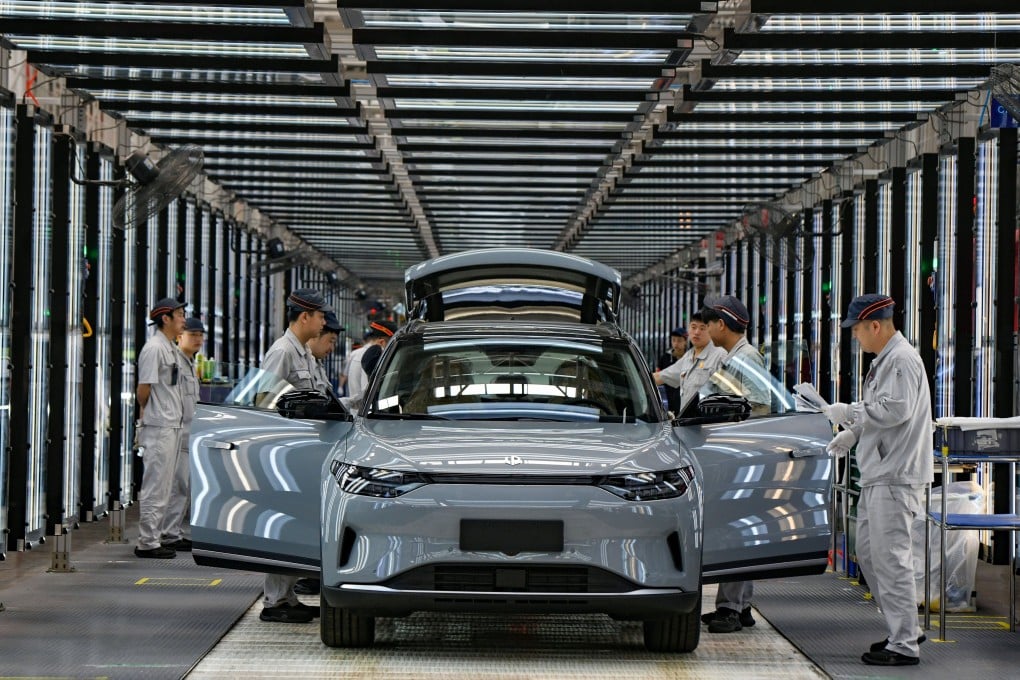Opinion | China must respond to Biden’s new tariffs with an eye on Europe
- China has a much better chance of nudging the European Union on free trade. Beijing should hit US cars with stiff tariffs to send a warning signal to Brussels

China’s main interest is preserving the system of world trade. It is the largest trading economy by far and its future depends on its trade success. A tit-for-tat trade war with the United States spiralling out of control brings no advantage to China.
The Biden administration announced stiff tariffs on Chinese semiconductors, solar cells and electric vehicles, even though the US hardly imports EVs from China. Clearly, Biden intends to win support among unions and voters in swing states such as Michigan and Pennsylvania, which are closely associated with the car industry, ahead of the US presidential election in November. At the same time, the new tariffs don’t apply to the internal-combustion-engine cars that US companies manufacture and import from China; evidently, Biden wouldn’t want to upset the carmakers either.
To put it another way: Washington doesn’t have a problem with cars produced in Chinese plants for the US market if they are being imported by American carmakers. When the day comes that US companies want to import EVs from China too, you can bet the US government will find a way to accommodate that.

